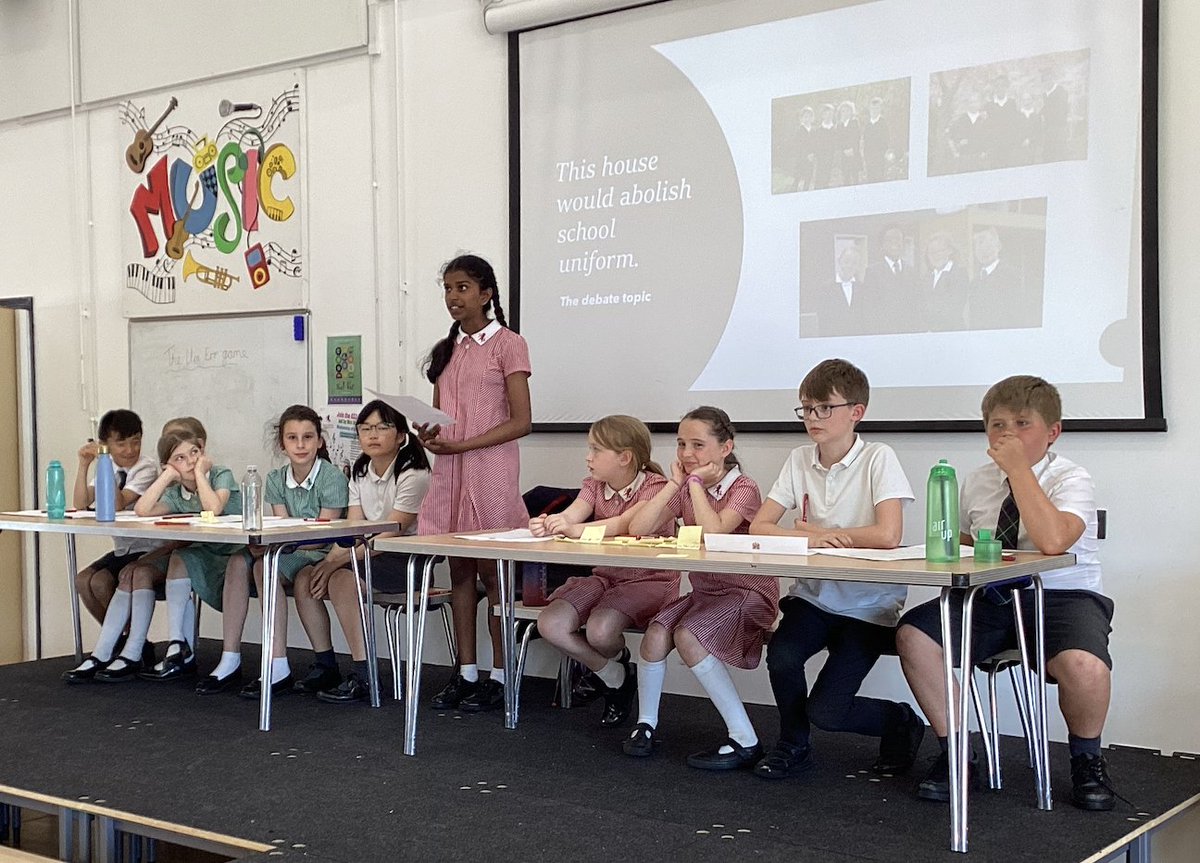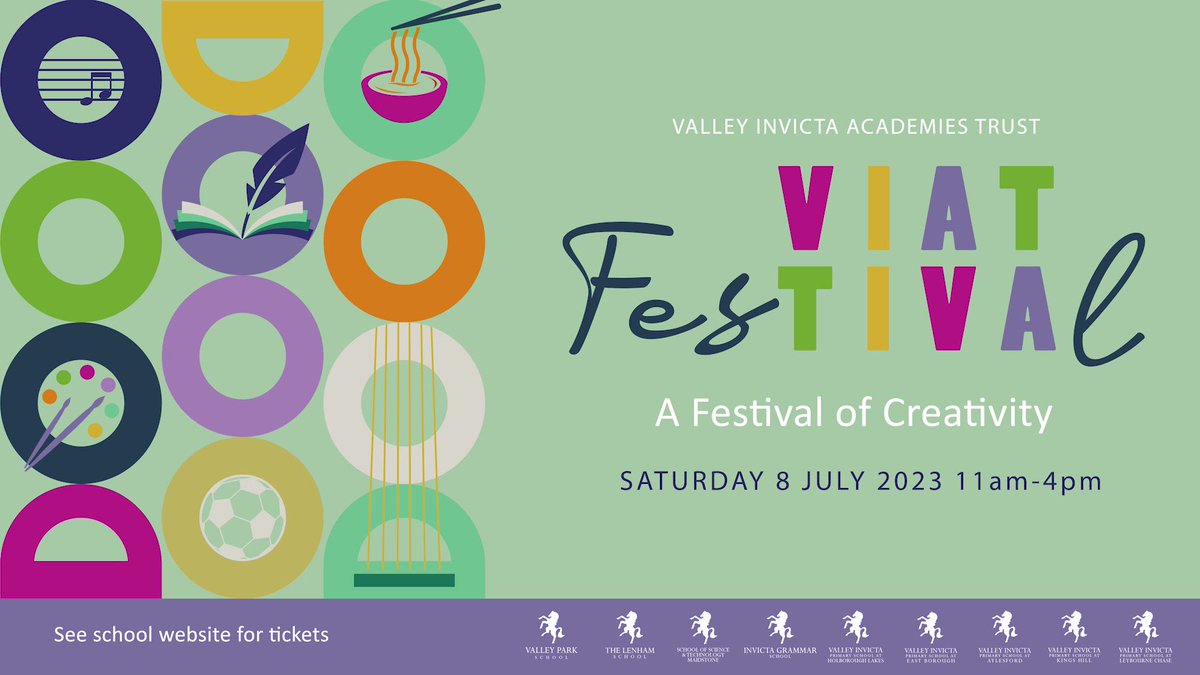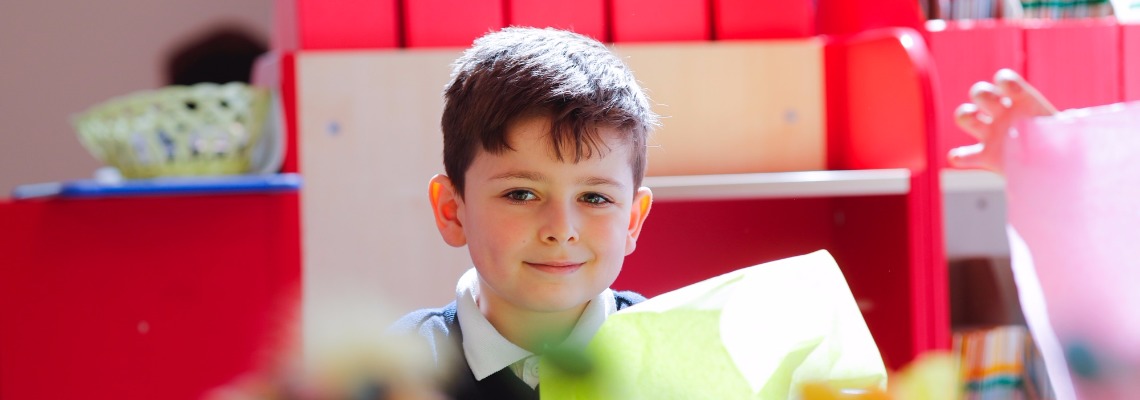Download our FREE smartphone app today!
PSHE
At Holborough Lakes personal, social and health education (PSHE) enables our children to become healthy, independent and responsible members of a society. Our aim is to help them understand how they are developing personally and socially, and to develop the skills they need to understand many of the moral, social and cultural issues that are part of growing up. We provide our children with opportunities to learn about their own rights, the importance of respecting the rights of others and to appreciate what it means to be a member of a diverse society. Our children are encouraged to develop their sense of self-worth by playing a positive role in contributing to school life and the wider community.
Our PSHE curriculum by utilising first hand experience and sharing good practice. However, we are aware that the delivered curriculum must reflect the needs of our pupils. There are always occasions where teachers may feel it necessary to teach PSHE as a result of an issue arisen in their own class. Teachers use the PSHE programme to equip pupils with a sound understanding of risk and with the knowledge and skills necessary to make safe and informed decisions. We believe that the purpose of PSHE education is to build, where appropriate, on the statutory content already outlined in the national curriculum, the basic school curriculum and in statutory guidance on: ie, drug education, financial education, citizenship, personal safety, relationship and sex education (RSE) and the importance of physical activity and diet for a healthy lifestyle.
PSHE Scheme of Work - more information.
Teaching of PSHE
Our PSHE curriculum priovides a comprehensive programme that combines the new statutory content for Relationships Education and Health Education. We use resources from 1Decision to plan and deliver lessons. Please click the link for further details https://www.1decision.co.uk
PSHE is taught in discreet weekly lessons across all year groups, which are also supported through whole class and key stage assemblies that explore our school core values, the UN Convention on the Rights of the Child (Rights Respecting programme) and promote a healthy body and mind (Wellbeing Wednesdays). PSHE learning is recorded in PSHE class books: these books contain a range of evidence of the children’s learning, which may include children’s verbal or written comments or photographic evidence of activities and experiences. Where possible we make cross-curricula links between PSHE and other subjects; this is particularly true and relevant in English, Religious Education, Physical Education, History and Geography, with other content also linking to Maths, Science and Computing.
Teachers use a range of teaching and learning techniques such as discussion, role-play, games, investigations, circle-time, problem solving activities and outdoor learning. Pupil voice is actively sought in a variety of contexts; each class is represented by 2 school councillors who seek the opinions of their class mates on a variety of issues. The School Council meets regularly to discuss and plan for school improvements and share their work with the Governing Body. All subject leaders complete pupil conferencing to discover the children’s opinions about their subject and a suggestion box is available for further ideas.
Parent Resources
Parent/carer Zone: RSHE and PSHE Support and Guidance
Care, Aspire, Achieve
The children at Valley Invicta Primary School at Holborough Lakes are learning to build resilience and understand that 'mistakes are proof that you are trying.' This video, Austin's butterfly, helps us to understand what this looks like.
Curriculum Intent, Implementation and Impact
Intent
To build a PSHE curriculum that promotes the acquisition of knowledge and skills which enable our children to develop personally and socially, access the wider curriculum and have the confidence to understand and respond to modern social, moral and cultural issues.
Our Curriculum will deliver appropriate subject knowledge, skills and understanding to fulfil the duties of the National Curriculum; schools must provide a balanced and broadly-based curriculum which promotes the spiritual, moral, cultural, mental and physical development of pupils and prepares them for the opportunities, responsibilities and experiences of life.
Implentation:
All classes have a weekly PSHE lesson. Each term begins with a focus on one of our school core values. Children consider a key statement or question linked to that value and return and reflect on this throughout the terms learning, both in PSHE and other subjects. Each value is represented by a symbol (designed by our children), so that right from the start in Reception, children learn to identify with and relate our values to all aspects of school life.
Lessons are planned using 1Decision resources, which provide a broad, comprehensive curriculum that encourages discussion and reflection. Each year groups learning, builds on the knowledge, themes and vocabulary of the previous years. We also draw on our own contextual knowledge of the children and their communities to ensure that lessons cover issues that are relevant and important to them. (e.g. road and water safety, vaping, age appropriate viewing). British Values are highlighted through class duscussions surrounding our Global Curriculum and protected characteristics are expored through quality texts planned termly for each year group. These texts are chosen using the No Outsiders programme and supported by assemblies that encourage children to discuss inclusion and difference through focus pictures.
We plan opportunities for children to learn from outside agencies, e.g. police, fire service, anti-crime talks, nutritional advice from our school meal provider, and real-life opportunities e.g. Bikeability and local walks for road safety. We also use whole school events to develop ideas and skills further, such as Cultural Week and Careers Enterprise Week on a biennial basis.
Impact:
Children will recognise and apply the British Values of Democracy, Tolerance, Mutual Respect, Rule of Law and Liberty.
Children will demonstrate a positive, healthy attitude to school, show determination and resilience in their learning and feel well supported by adults and thier peers.
Behaviour and cooperation will be good throughout the school.
Most children will achieve age related expectations across the wider curriculum and in core subjects.
This will be measured by the:
- Progress from a child's starting point or from the last point of statutory assessment.
- Attainment at each point of statutory assessment.
























